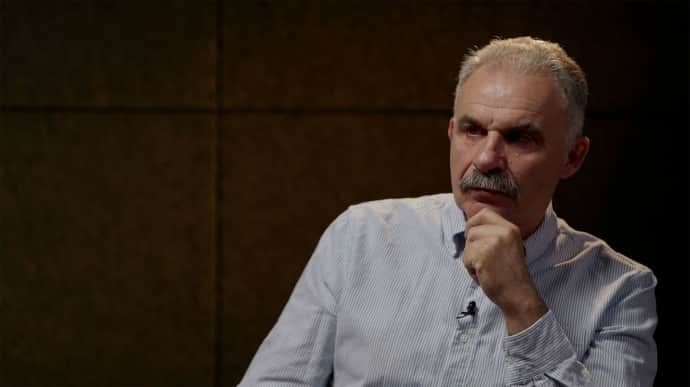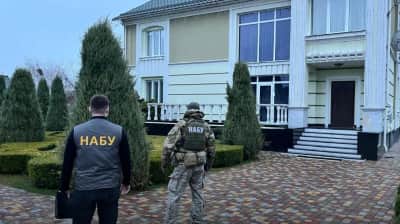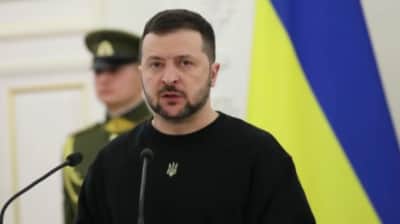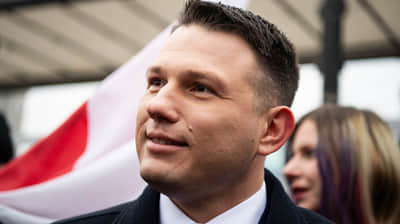Ban on religious organisations linked to Russia may put end to Russian Orthodox Church in Ukraine

The recently adopted law banning religious organisations associated with Russia is based on international law and can really resolve the difficult religious situation in Ukraine, said Viktor Yelenskyi, Head of the Ukrainian State Service for Ethnic Policy and Freedom of Conscience.
Source: Viktor Yelenskyi in an interview with Ukrainska Pravda
Quote from Yelenskyi: "Freedom of conscience or religious freedom can be curtailed even if it is not a matter of national security.
For example, we say in the law that we are banning the Russian Orthodox Church, and then the text goes on to quote almost directly from the Parliamentary Assembly of the Council of Europe resolution: ‘as an ideological continuation of the aggressive regime of the Russian Federation’."
Details: Yelenskyi stressed that international law allows Ukraine, like other countries, to restrict this freedom if it is for a legitimate purpose. In this case, we are talking about restricting the subversive activities of the Russian Church on Ukraine's territory.
The second ground is if the restrictions are carried out in a manner acceptable to a democratic society.
Quote from Yelenskyi: "This law provides for an absolute democratic procedure, including the fact that it is the court that puts the final point. That is, the procedure is acceptable for a democratic society.
Thirdly, if the law is not discriminatory, i.e., it does not establish a framework for one religious organisation and a different one for another. This law is not discriminatory."
Details: Another condition is that the law should not burden a person's conscience.
Quote from Yelenskyi: "So, submission to the Moscow Patriarchate is not part of the Orthodox faith. If you do not submit to the Moscow Patriarchate or the Serbian, Antioch or any other, you do not cease to be Orthodox. This means that it is not a burden on your conscience."
He expressed his belief that the law "can pass the necessary tests" [for suitability and acceptability for a democratic society – ed.] and that it is aimed at "putting an end to the activities of the Russian Orthodox Church in Ukraine".
Quote from Yelenskyi: "It is not aimed at banning the Ukrainian Orthodox Church of the Moscow Patriarchate. There is a very important clarification that if this church, which is affiliated with the Russian Orthodox Church, withdraws from its membership, makes a corresponding statement, provides the relevant documents, then this law does not apply to it."
Background: On 20 September, the Verkhovna Rada (Ukrainian Parliament) adopted in its entirety a bill banning religious organisations in Ukraine that are linked to Russia, which could potentially cripple the activities of the Ukrainian Orthodox Church of the Moscow Patriarchate.
Support UP or become our patron!





